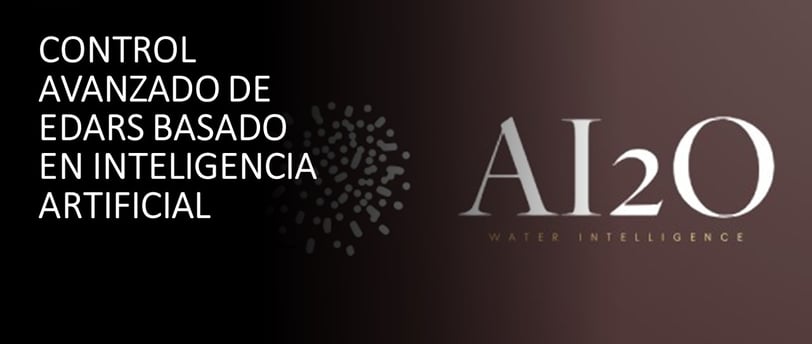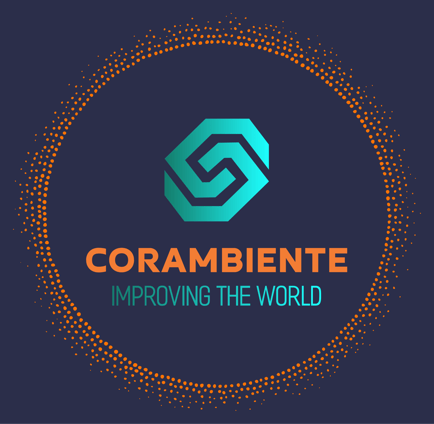"Artificial Intelligence Revolutionizes Water Treatment: Innovation for a More Sustainable World"
AI2O is capable of automatically adjusting operational parameters to maximize efficiency, resulting in a more efficient and cost-effective purification process. AI2O is also able to predict and detect potential issues before they occur. By analyzing patterns in performance data and water conditions, the system can identify early signs of water contamination, allowing for preventive interventions that help avoid costly repairs and unplanned downtime. In summary, AI2O represents a significant advancement in water purification by harnessing the power of artificial intelligence to improve efficiency, reliability, and sustainability of water treatment processes. With technologies like AI2O, we are paving the way for a future where access to clean and safe water becomes a reality for everyone.
4/28/20242 min read


In a significant advancement for sustainability and environmental conservation, artificial intelligence (AI) is emerging as a key tool in water treatment. With growing concerns over water scarcity and pollution, the application of AI in this field offers innovative and efficient solutions.
Water treatment has traditionally been a resource and time-intensive process. However, with the integration of AI, significant improvements in the efficiency and effectiveness of these systems are being achieved. One of the key areas where AI is proving its worth is in optimizing wastewater treatment processes.
Water treatment systems incorporating AI technologies can autonomously monitor and control a variety of variables such as water quality, flow, and temperature. This allows for real-time adjustments to optimize the treatment process, maximizing contaminant removal and minimizing resource wastage.
Additionally, AI is also being used to predict and prevent equipment failures in treatment facilities, reducing downtime and maintenance costs. Machine learning algorithms can analyze historical and real-time data to identify patterns and trends, anticipating potential issues before they occur.
Another crucial aspect is the monitoring of water quality in natural sources. AI-based systems can analyze large amounts of data collected from sensors and IoT devices to identify contaminants and accurately predict water quality.
This convergence of technology and environmental engineering is paving the way for a future where water treatment is more efficient, cost-effective, and environmentally friendly. By harnessing the power of artificial intelligence, we are moving towards smarter and more sustainable water management for future generations.
A standout example of how artificial intelligence is transforming water treatment is through the AI2O technology.
AI2O is capable of automatically adjusting operational parameters to maximize efficiency, resulting in a more efficient and cost-effective purification process.
AI2O is also able to predict and detect potential issues before they occur. By analyzing patterns in performance data and water conditions, the system can identify early signs of water contamination, allowing for preventive interventions that help avoid costly repairs and unplanned downtime.
In summary, AI2O represents a significant advancement in water purification by harnessing the power of artificial intelligence to improve efficiency, reliability, and sustainability of water treatment processes. With technologies like AI2O, we are paving the way for a future where access to clean and safe water becomes a reality for everyone.
#ArtificialIntelligence #WaterTreatment #AI2OTechnology #EnvironmentalSustainability #EnergyEfficiency #DrinkingWater #WaterManagement #WaterPollution #WaterConservation #EnvironmentalEngineering #IoT #MachineLearning #ProcessOptimization #WaterQualityMonitoring #AI SolutionsforWaterPur
